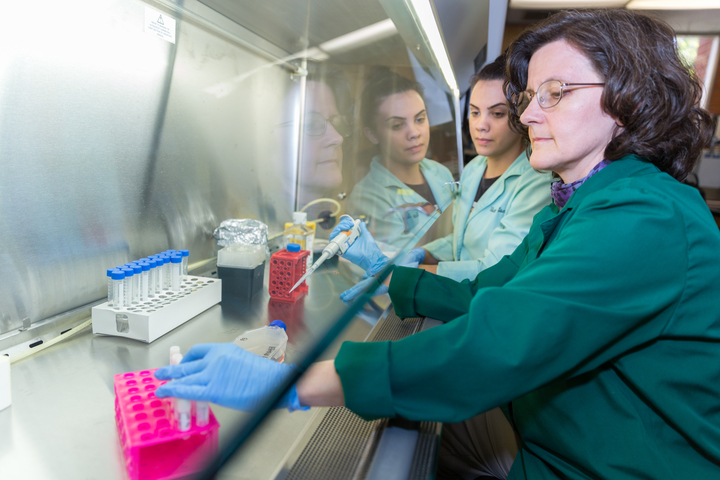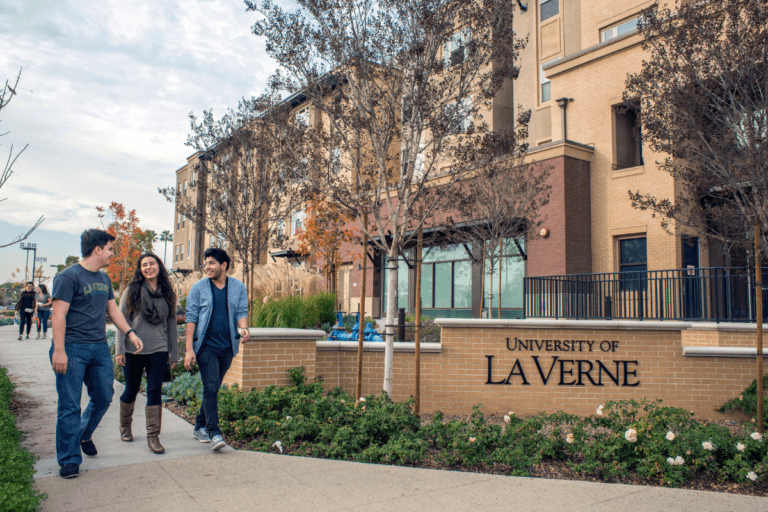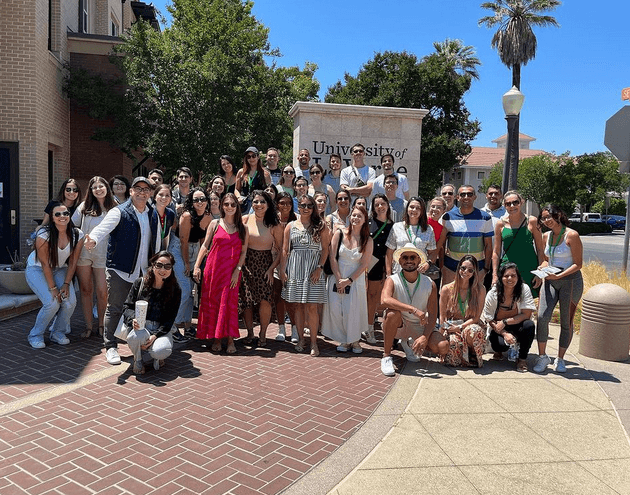W.M. Keck Foundation Grants $300K for Student Research Program

The W.M. Keck Foundation, which supports a variety of research and undergraduate education programs, awarded the University of La Verne a three-year $300,000 grant supporting classroom research experiences and career readiness for students.
The university plans to use funds to do something no other university is doing: giving students apprenticeship-style research experiences within courses and across Science, Technology, Engineering and Mathematics (STEM) disciplines and beyond. It is a form of teaching called Course-based Undergraduate Research Experience (CURE).
“Our grant is about including fields such as biology, mathematics, physics and computer science, and expanding it outside of traditional STEM to include kinesiology, anthropology and sociology,” said Natural Sciences Division Chair and Professor of Biology Dr. Christine Broussard, who co-authored the grant. “No other institution has attempted to embed CUREs in so many different disciplines.”
The Keck Foundation website says the organization’s grant programs invest in people and programs that make a difference in the quality of life, now and for the future.
“We believe that a high-quality, well-rounded college education is vital for tomorrow’s leaders,” according to the website. “The Foundation’s undergraduate education program promotes inventive approaches to instruction and effective involvement of students in research at colleges across the nation.”
The grant will fund equipment and other resources to establish the university’s Keck Research Immersion Program.
At the University of La Verne, faculty will now be able to provide more students with opportunities to engage in research with state-of-the-art equipment that is used in their respective fields, providing the training and skills development needed for career readiness.
Broussard said students in a biological anthropology course can use virtual 3-D platforms to examine body structures for research. Using similar software, physiology students will look at disease states within an organ to determine outcomes. And kinesiology students, using a hand-held device called a spectrophotometer, can determine the components of food to provide personalized nutrition advice for patients.
The university plans to launch the program this fall, incorporating it into eight courses. The grant will support major expenses for equipment and program development, impacting around 750 students in the next three years.
The grant proposal was submitted to the W.M. Keck Foundation as a collaborative effort by Broussard and faculty listed below, with assistance from University Advancement.
- Dr. Sarah L. Dunn, Assistant Professor of Kinesiology
- Dr. Kanya Godde, Assistant Professor of Anthropology
- Dr. Margaret Gough, Assistant Professor of Sociology
- Dr. Roy Kwon, Assistant Professor of Sociology
- Dr. Vanessa Preisler, Associate Professor of Physics


